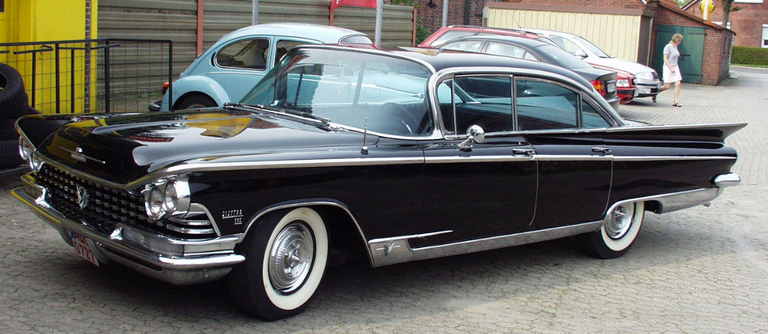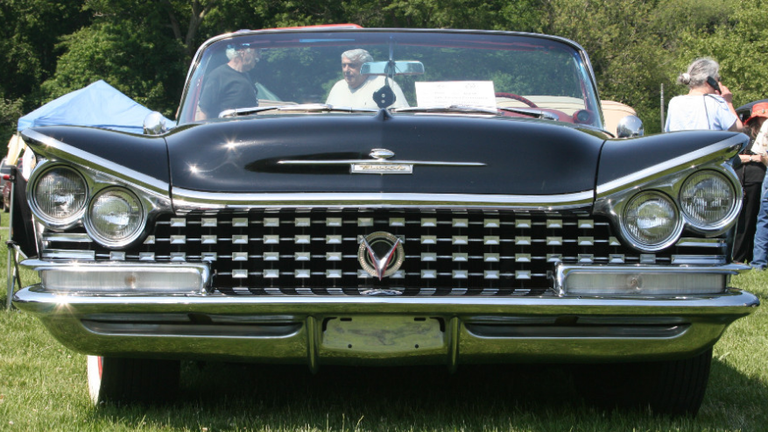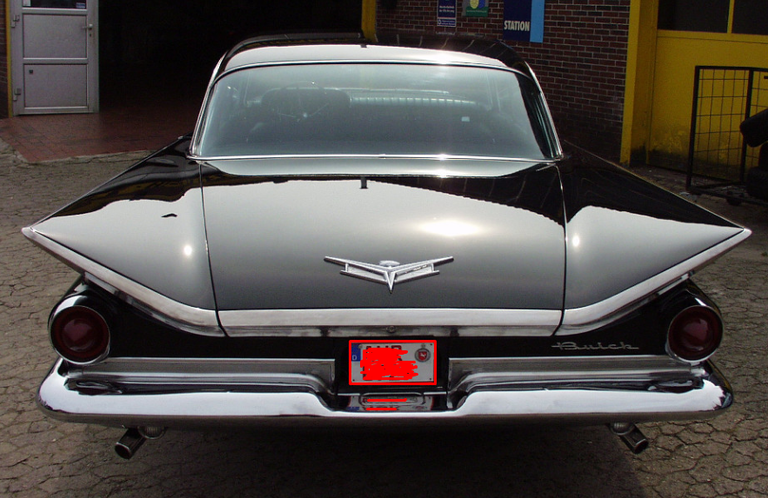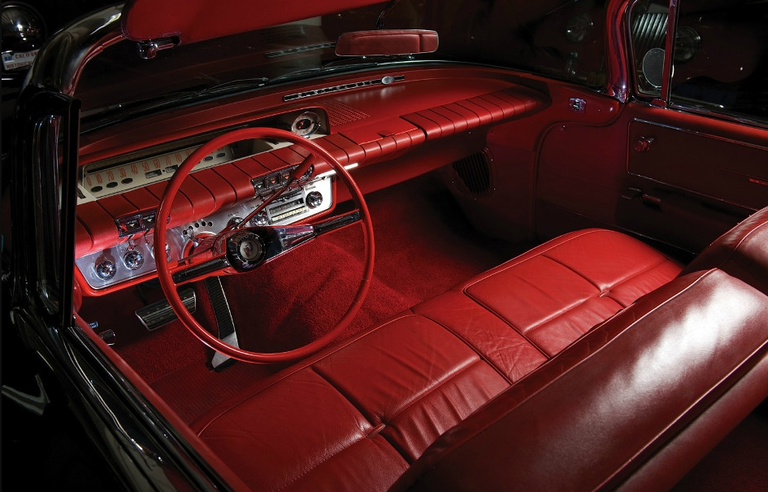
Reviewing the story a bit with the Buick Electra 225 from 1959.
The vehicle for which we are going to invest time is a giant not only because of its size but because it marked a golden age at the end of the 50s and of course in the 60s. They were luxurious, huge, safe and with great comfort the time to undertake long trips on roads outside the city. And specifically the American brand Buick had already entered the big leagues, especially with the Electra 225 1959, and as is customary in us when we talk about a classic of this size we are happy and interested in learning more about these great cars, and to transmit to our readers all the information collected.

Brief History of Electra 225 1959
The culprit that this car has existed is the automotive designer of the General Motors company, Bill Mitchell, which had its beginnings in 1958 precisely with the Buick Electra 225 and the same success it maintained until it left the company in 1977. This copy is a totally luxurious and large car which made its first appearance in 1959, and it was so much the success achieved by this Buick model that production was extended until 1990, we are talking about three decades of success, specifically 31 years of continuous conquest in the global automotive market. It should be noted that the success of the Buick Electra was focused on body variants during the decades of production, as it was offered to the world public in several models, first as a cupe, then as a convertible, then sedan and even station wagon, in such a way that during its more than 30 years of life the general public had the good fortune of having several options until in 1991, it was replaced by Buick Park Avenue ending definitely the Electra dynasty, this due to new trends evolutionary that cars have had to pass, which means that automotive brands have had to adapt. However, we do not rule out that in the future we will start making remembrance and technological implementation in new models but with a retro air, therefore we are sure that would be splendid for lovers of classic cars and also for the different car factories in the world. world. This is due to the new evolutionary trends that cars have had to pass, which means that automotive brands have had to adapt. However, we do not rule out that in the future we will start making remembrance and technological implementation in new models but with a retro air, therefore we are sure that would be splendid for lovers of classic cars and also for the different car factories in the world. world. This is due to the new evolutionary trends that cars have had to pass, which means that automotive brands have had to adapt. However, we do not rule out that in the future we will start making remembrance and technological implementation in new models but with a retro air, therefore we are sure that would be splendid for lovers of classic cars and also for the different car factories in the world. world.

Exterior features
Let's start with its measures that of course are those of the first Electra, model 225 of 1959, which as a typical car of that time had a length of 5.72 meters, width was 2.5 meters, in terms of height it offered 1 meter with 42 centimeters and a wheelbase of 3.20 meters, that is, it was or is because there are still these beautiful classics a very large car but with a lot of majesty. Because it was big, it was obvious that it offered 4 doors, a very large hood with moldings, a large windshield rounded on the sides plus 6 windows with a huge roof like the trunk, and of course the chrome was present in all its external structure. As for the colors obviously came in black but also in gray, red, green blue and white among other colors, and even in two colors combined.
Inside
The cabin is very spacious, we found two large bench seats where 6 people entered in perfect harmony, even if they were thin young people in the back could perfectly sit 4 people to raise the number of seats to 7. Of course the leather It was and is until today the main protagonist of Electra 225 1959 with vertical and horizontal seam design, not only in the seats but in the panels of the doors and dashboard as it was at that time. The very large steering wheel and thin body with two spokes, rectangular and long instrument panel, radio and even air conditioning, not to mention that the windows were electric, a luxury for that time.

Motor and other mechanical components
The powerful engine under the hood was a V-8 Nailhead of 6.6 liters of 401 cubic four-cylinder and carburetor, which produced 325 horsepower coupled with a two-speed Dynaflow automatic transmission, plus power steering with brakes power offered by brake drums with 12-inch aluminum fins.